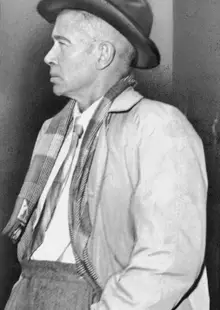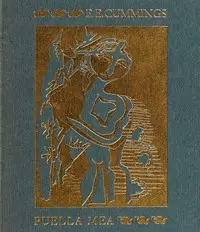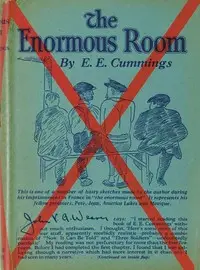
E. E. (Edward Estlin) Cummings
Edward Estlin Cummings, commonly known as e e cummings or E. E. Cummings, was an American poet, painter, essayist, author, and playwright. During World War I, he worked as an ambulance driver and was imprisoned in an internment camp, which provided the basis for his novel The Enormous Room in 1922. The following year he published his first collection of poetry, Tulips and Chimneys, which showed his early experiments with grammar and typography. He wrote four plays; HIM (1927) and Santa Claus: A Morality (1946) were most successful. He wrote EIMI (1933), a travelog of the Soviet Union, and delivered the Charles Eliot Norton Lectures in poetry, published as i—six nonlectures (1953). Fairy Tales (1965), a collection of short stories, was published posthumously.

Puella mea
Experience profound admiration as a speaker elevates his beloved muse above legendary figures, employing avant-garde language to capture love's fleeting beauty and timeless allure.
By E. E. (Edward Estlin) Cummings

The Enormous Room
An American ambulance driver's journey turns upside down when he's imprisoned in wartime France, forcing him to navigate chaos, cultural clashes, and the search for freedom.
By E. E. (Edward Estlin) Cummings
